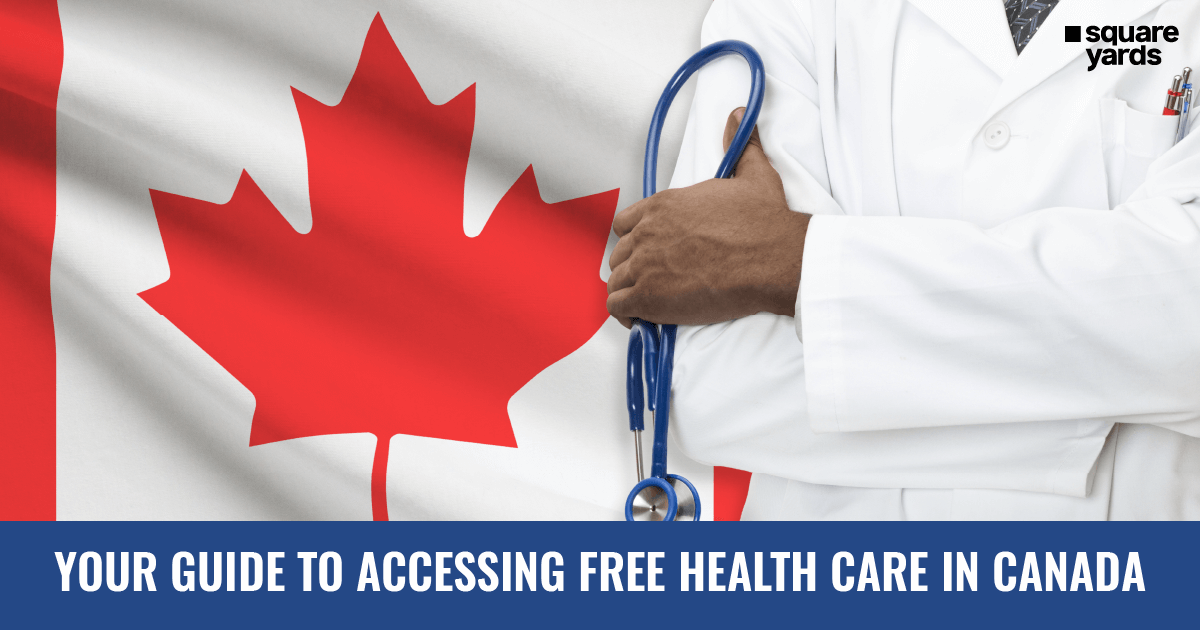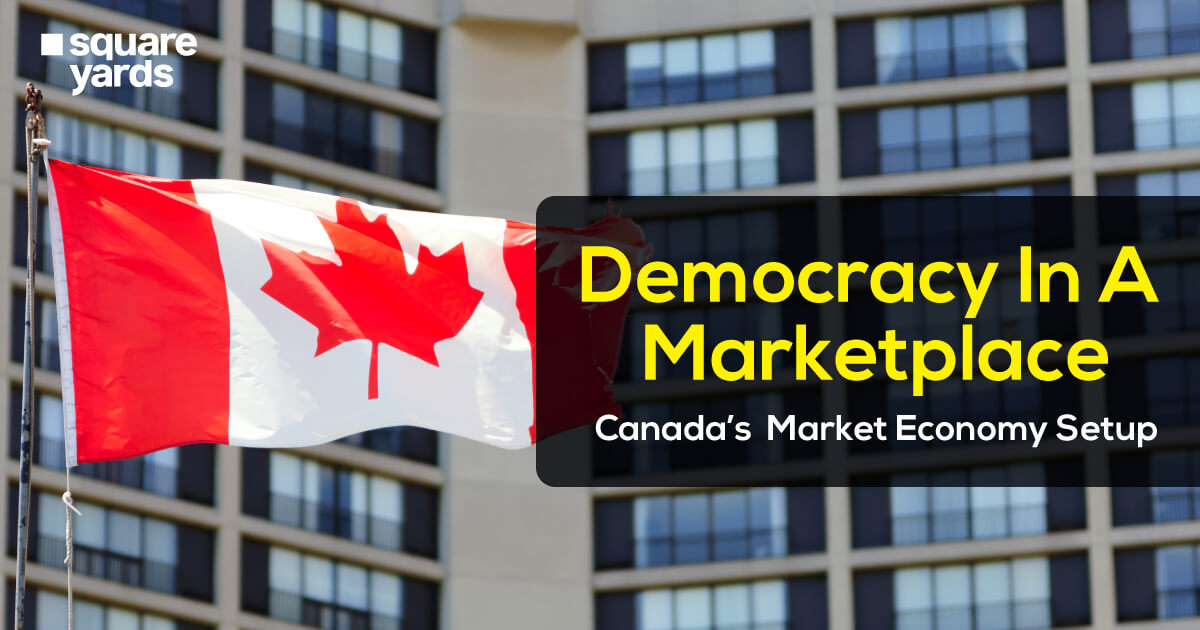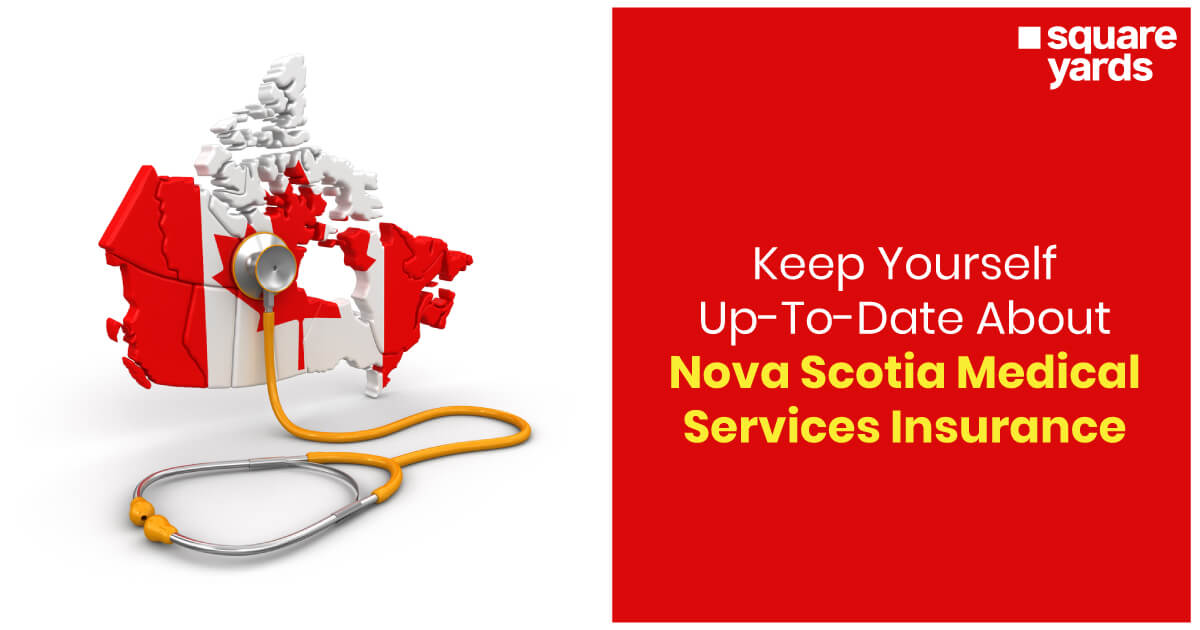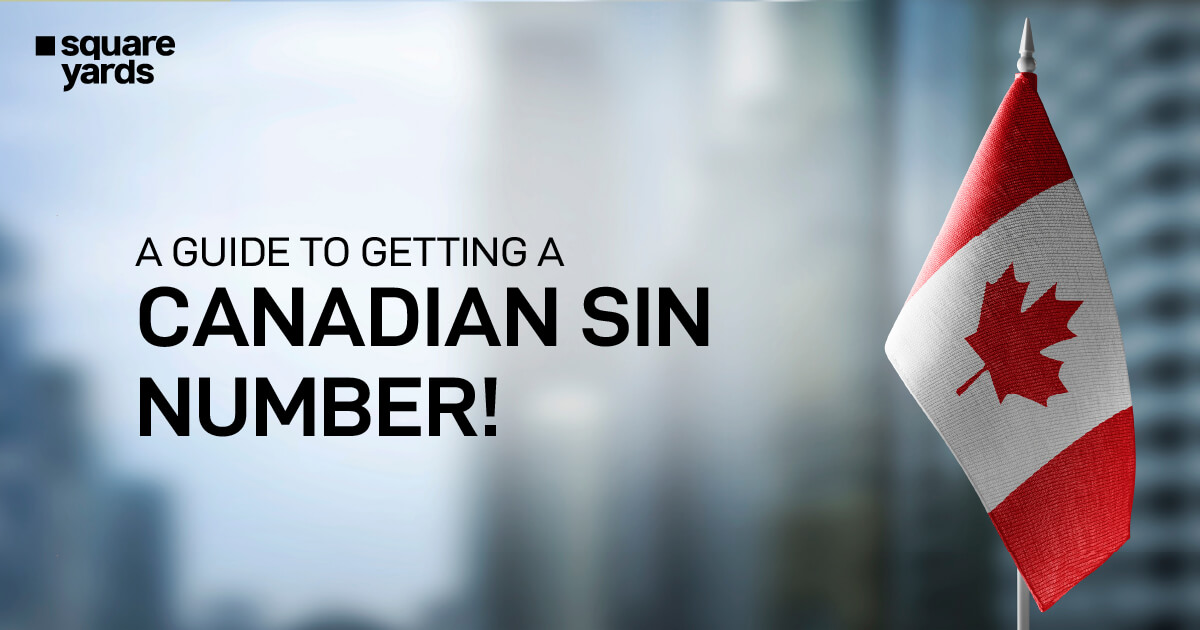The Canadian healthcare system allows citizens to get access to free healthcare services in various aspects. It is based on the principle that healthcare ‘should be based on need and not on the ability to pay’. Citizens can get equitable access to various physician and hospital services without worrying about expensive medical bills. To access these free services, you need to apply for a health card. This card is essential to utilise the services and keep a record of your doctor visits.
If you’re new to Canada, here are some important points to note about the free healthcare system.
Healthcare Funding in Canada
You must be wondering about who pays for the medical facilities in Canada if healthcare is free. Canadian healthcare funding is taken care of through tax-funded insurance plans. Public healthcare, including hospital visits and medical treatment, is paid using tax money. If you’re a Canadian citizen or a permanent resident, you can apply for health insurance.
When and How to Apply for Free Healthcare?
The first thing to do as soon as you get settled in Canada is to apply for free healthcare coverage. This cannot be done while you’re outside Canada and before arriving. You can grab an application form from the doctor’s office, a hospital pharmacy or a settlement service agency, or look up ‘medical clinics near me’ to find the nearest centre. Apart from this, you can also apply online.
How Long is The Waiting Period?
Regarding the Canadian health insurance policy, there is a waiting period after applying for a health card. Depending on your location, you might have to wait for a few weeks or up to three months. The waiting period for permanent residents in certain areas is mentioned below:
| Province | Waiting Period |
| Manitoba | Coverage starts from the first day of the third month after arrival |
| British Columbia | Coverage starts three months after the date of arrival |
| Northwest Territories | Coverage starts when the application has been approved |
| New Brunswick | Coverage begins after the submission of the application form |
| Quebec | The waiting period can last up to three months |
| Yukon | Coverage starts after a period of three months |
| Saskatchewan | Coverage starts after six to eight weeks of application submission |
It is advisable to purchase private insurance while waiting for Canadian health insurance, to cover all the unexpected medical costs. This will ensure protection for you and your family until you get the health card.
Will You Require Private Health Insurance?
Citizens and permanent residents enjoy access to basic healthcare facilities in Canada. However, not everything is covered under the policy. This is why it is important to think about certain aspects while planning for private health insurance in Canada. These are discussed below:
-
- The type of coverage you might need while waiting for government insurance: This depends on your province and the waiting period.
- Consider the healthcare needs of your family: If there are any family members with health issues, make sure to cover the costs with the help of private insurance.
- If you have family members who need extensive health care, you might have to apply for supplemental health insurance.
Employees can also utilise the health care benefits provided by their respective employers. This is something to look out for if you’re an immigrant in Canada. These packages cover most of your dental costs, medications and other services which are not covered under your public program.
Provincial and Territorial Healthcare Programs Coverage
It is important to note that each province has a free healthcare program with different coverage. Make sure to look up the benefits offered under your provincial healthcare program.
Canada’s free healthcare system, in general, mostly covers:
-
- The appointments with your family doctor
- Visits to the emergency room
- Necessary surgeries
- The visiting fee of walk-in clinics and other healthcare providers
- Laboratory and diagnostic services
What Is Not Covered By The Public Healthcare System?
The medical aspects that are not covered under the Provincial and territorial healthcare programs include the following:
-
- Dental services
- Most prescription drugs
- Eye examination and eyewear, glasses and contact lenses
- Appliances and products like a hearing aid, crutches and wheelchair
- Ambulance service
- Visits to certain healthcare providers like physiotherapists and chiropractors
Discuss all these factors with your family and decide whether or not you need additional healthcare insurance.
Losing Your Health Card
It is important to carry your health card everywhere; you can keep it in your wallet or somewhere safe. During emergencies, the hospital will treat you without a card first, but if you want the government to pay for your medical bills, you’ll have to show the card at the end. In case you have lost your health card, make sure to contact the provincial health ministry to get your card replaced. A small amount of replacement fee might be applicable.
Apply for a Health Card with The Right Documents
Certain documents are needed to prove your identity and citizenship while applying for a health card. You will have to carry the following:
-
- Birth certificate
- PR card or confirmation of permanent residence
- Passport
It is advised to contact your territorial health care centre to confirm the documents you need. These documents are essential to apply for free healthcare in Canada.
How to Find a Family Doctor?
The free healthcare system asks for a General Practitioner or a family doctor as the first contact in order to enjoy the benefits of healthcare in Canada. This is often difficult because of the shortage of medical professionals. Follow the steps below to make the process easier:
-
- Check with the College of Physicians and Surgeons, as they often have a list of doctors available.
- Ask a family member or friend if their doctor is open to accepting more patients.
-
Why Do I Need A Family Doctor?
It is essential to find a family doctor because this will be the first contact that the healthcare system will ask for.
-
- The type of healthcare specialists you should pay a visit to.
- What kind of diagnostic tests need to be done, and where to make an appointment?
- Prescribe medications for your need.
For normal visits or checkups, you can make an appointment with your family doctor and get treated. For emergencies, make sure to visit the emergency room at the nearest hospital in the area.
Things to Remember About Travelling with Prescription Medication
You can travel with your prescribed medication anywhere in Canada. However, make sure to follow these instructions:
-
- Carry a 90-day supply of prescribed medication wherever you are going.
- Keep the medicines in the original hospital or pharmacy packaging.
- Keep the original label in case you are asked to show what the medicine contains and about the product in general.
- Keep a note of the expiration date.
Free Healthcare in Provinces and Territories in Canada
To access public healthcare in Canada, click on the specific province and check how to apply for a government health card.
| Provinces | Healthcare Provider |
| Alberta | Alberta Health Care Insurance Plan |
| British Columbia | Medical Services Plan |
| Manitoba | Health, Seniors and Active Living |
| New Brunswick | New Brunswick Medicare |
| Newfoundland and Labrador | Medical Care Plan |
| Nova Scotia | Medical Services Insurance |
| Ontario | Ontario Health Insurance Program |
| Prince Edward Island | Health PEI |
| Quebec | Quebec Health Insurance Plan |
| Saskatchewan | eHealth Saskatchewan |
| Territories | Healthcare Provider |
| Northwest Territories | Health and Social Services |
| Nunavut | Nunavut Health Care Plan |
| Yukon | Yukon Health Insurance Plan |
To Sum it Up
Once you’ve resided in Canada, you will receive an envelope with applications for the Permanent Residence Card and the Health Coverage Card. You can also look up ‘medical clinics near me’ to find the closest healthcare clinic and grab a form. Make sure to choose a private insurance service while waiting for your healthcare application to get approved. Once you’re aware of Canada’s free healthcare system, you and your family will remain protected financially and medically under the healthcare system.
You May Also Read :
| How To Renew Health Card Renewal in Ontario | Health Card Renewal in Ontario |
| Guide To Ontario Health Card | Ontario Health Card |
| All About Ontario Health Insurance Plan | Ontario Health Insurance Plan |
| Understand Dental Insurance Ontario | Dental Insurance Ontario |
Frequently Asked Question (FAQs)
What are some common healthcare services that are not covered by Canada's healthcare system?
The Canada Healthcare System does not cover certain services like home care, prescription drugs, dental care and long-term medical care. The services vary in each province and are only applicable to permanent residents and citizens.
How do I find a doctor or healthcare provider in Canada?
There are various ways to find a doctor in Canada. You can visit a walk-in clinic, ask a friend, family member or neighbour for a recommendation, or contact the community health centre in your area.
What should I do if I need medical attention outside of regular office hours?
If you or someone else needs medical attention outside of regular office hours, you can avail of after-hours healthcare options like pharmacies and medical clinics.
How do I access emergency medical services in Canada?
If there is a medical emergency, you should visit the local emergency department or call 911. The visits to emergency rooms in Canada are covered under the healthcare system.
What are my rights as a patient in Canada's healthcare system?
There are multiple rights that a Canadian citizen has while getting treated under the healthcare system. Some of these include the right to be fully informed about treatment options and the right to pain and symptom management.
How can I protect my personal health information in Canada's healthcare system?
In Canada, healthcare protection against unauthorised use and disclosure is ensured through the Personal Health Information Protection and Electronic Documents Act.











